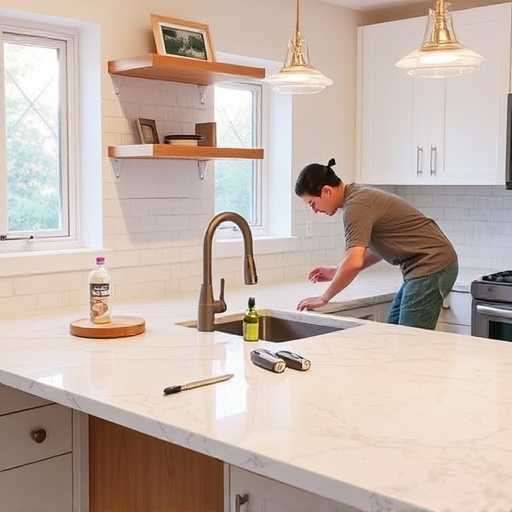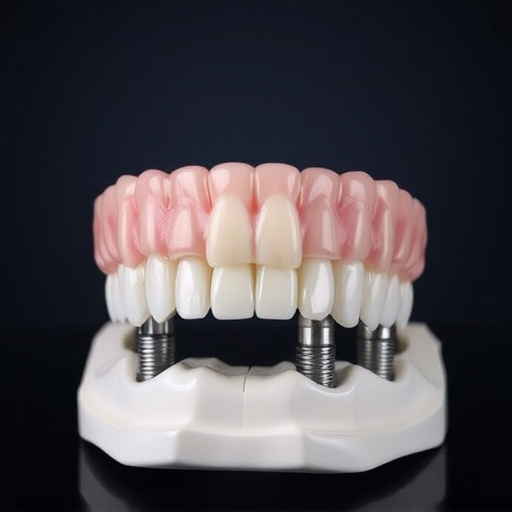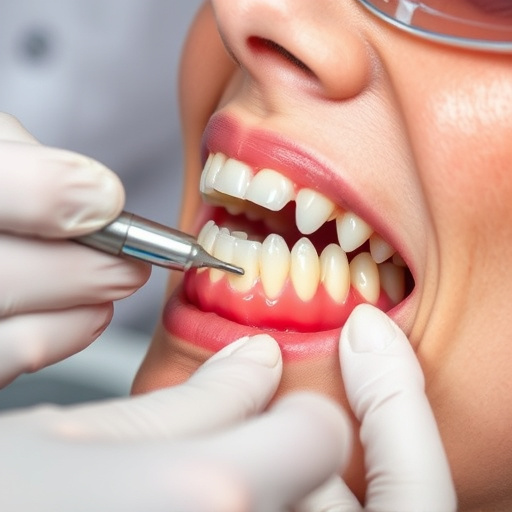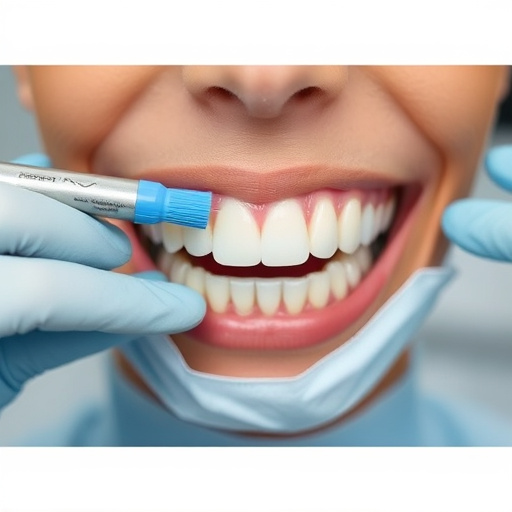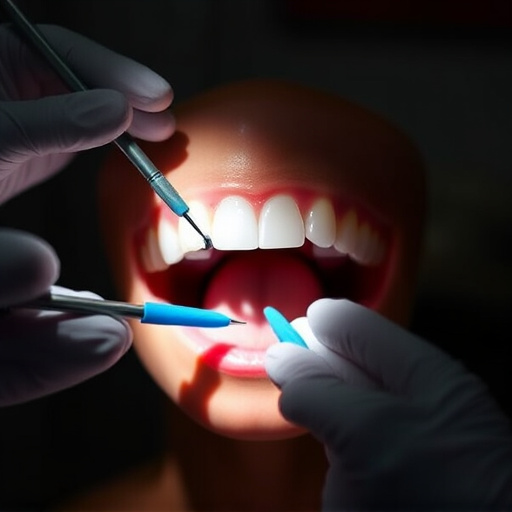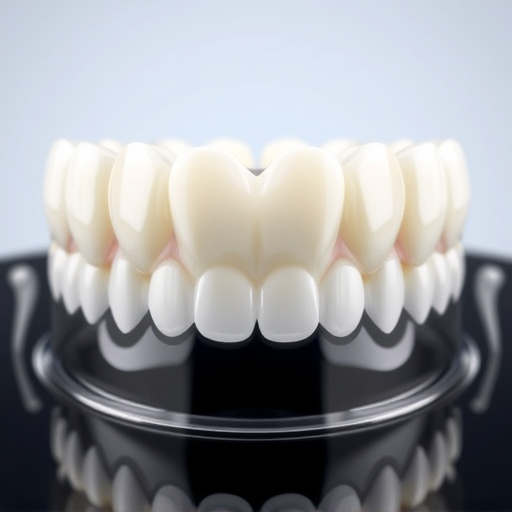Handicap accessible dental care requires physically adapting offices, following ADA guidelines, and addressing specific needs like behavior or medical conditions. Certified practices specialized in catering to individuals with disabilities ensure comfort and ease of access through adapted equipment, trained staff, and accredited standards. Choosing such practices guarantees quality oral health services tailored for patients with special needs.
Finding quality handicap accessible dental services is essential for ensuring inclusive oral care. This guide navigates the process of identifying optimal care, addressing the unique needs of individuals with disabilities. We explore crucial aspects like understanding specialized dental care requirements and locating certified practices equipped to cater to these needs. Additionally, we emphasize the importance of comfort and quality assurance during visits, providing insights to foster positive dental experiences for all.
- Understanding Handicap Accessible Dental Care Needs
- Locating Certified Dental Practices for the Disabled
- Ensuring Quality and Comfort in Dental Visits
Understanding Handicap Accessible Dental Care Needs

Understanding the specific needs of individuals with disabilities is paramount when seeking handicap accessible dental care. This involves ensuring that the dental office environment is physically equipped to accommodate various impairments, from wheelchair access and ramps to specialized tools for different physical and sensory requirements. The American Dental Association (ADA) provides guidelines to help practice owners create an inclusive setting, making dental services more accessible to all.
Moreover, recognizing that individuals with disabilities may have unique dental health concerns, such as special needs related to behavior, communication, or medical conditions, is crucial. This might include additional considerations for regular dental cleanings and tooth repair procedures, as well as a heightened need for emergency dental care tailored to their specific challenges.
Locating Certified Dental Practices for the Disabled

When searching for quality handicap accessible dental services, it’s crucial to locate certified practices equipped to cater to the unique needs of individuals with disabilities. Many countries and regions have organizations that specialize in accrediting and verifying handicap accessible dental practices. These certifications ensure that the facilities meet specific standards designed to provide comfort and ease for patients with limited mobility.
By choosing accredited locations, you can rest assured that essential services like dental bonding, routine oral exams, and dental fillings will be administered in an inclusive environment. Certified dentists often have adapted equipment, accessible entryways, and trained staff who understand the importance of patience and personalized care when dealing with disabled patients.
Ensuring Quality and Comfort in Dental Visits
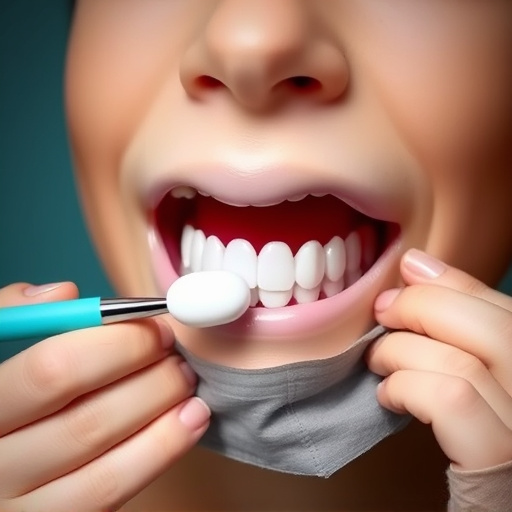
When seeking handicap accessible dental services, prioritizing quality and comfort is paramount for a positive experience. Look for practices that cater specifically to patients with special needs, ensuring their facilities are fully equipped to accommodate various disabilities. This includes features like wheelchair access, raised dental chairs, and specialized equipment designed for ease and safety during procedures.
A top-quality handicap accessible dental office should offer a range of services, from routine checkups and cleanings to more advanced procedures such as restorative dentistry, dental implants, and dental fillings. Trained professionals who understand the unique challenges faced by patients with disabilities can provide personalized care that puts their minds at ease. This focus on comfort and accessibility ensures that individuals with special needs can maintain optimal oral health without unnecessary stress or barriers.
Finding quality handicap accessible dental services is achievable by understanding specific care needs, locating certified practices, and prioritizing comfort. By adhering to these guidelines, individuals with disabilities can navigate their dental health journeys with ease and confidence, ensuring they receive the same exceptional care as everyone else. Remember, accessibility is key to maintaining oral health and overall well-being.







